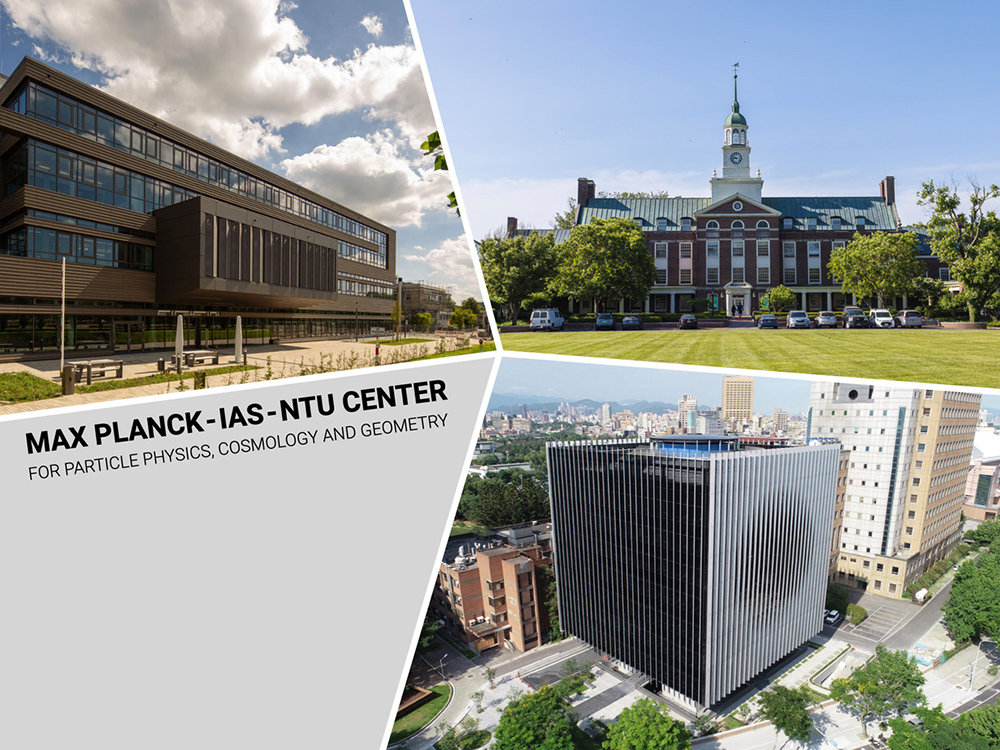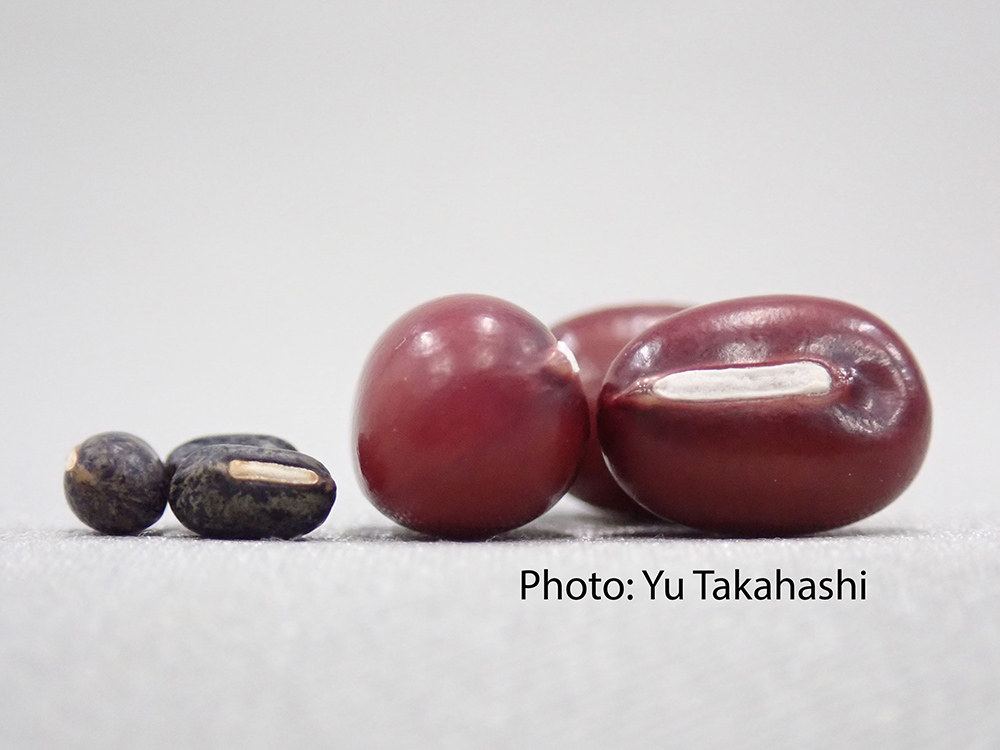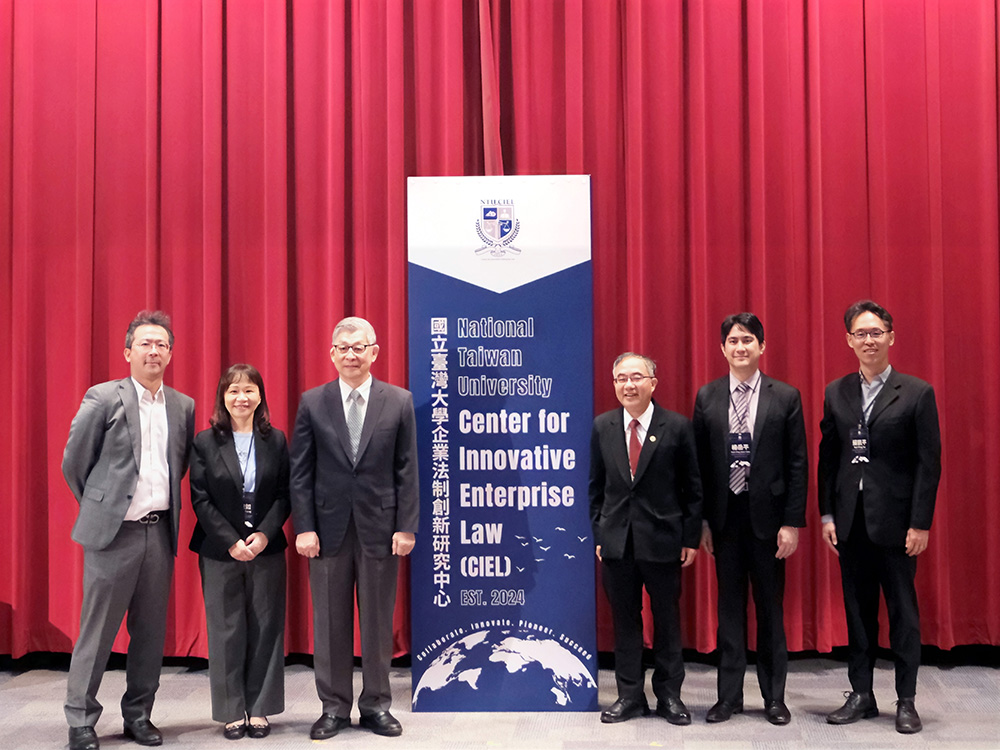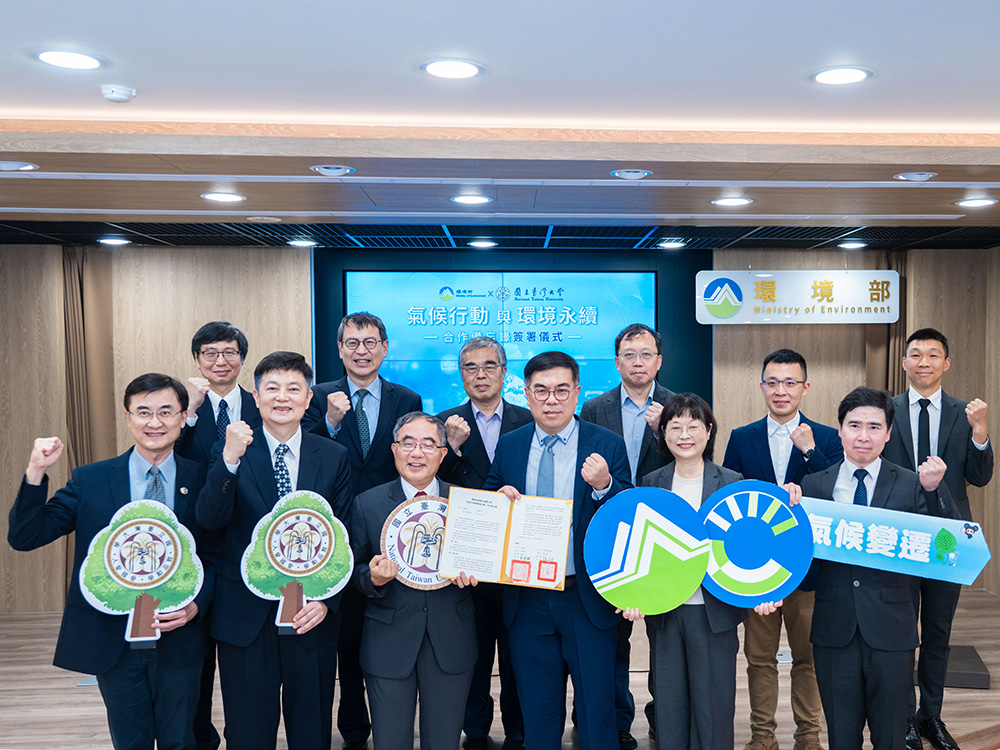
A new milestone for science at NTU: The inauguration of the Max Planck-IAS-NTU Center
瀏覽器版本過舊,或未開啟 javascript
請更新瀏覽器或啟用 javascript
Spotlights
Up to 180 international senior officers from seven countries attended the executive conference at NTU. Image: Office of International Affairs
Graced by the presence of esteemed international senior officers (ISOs) from across the globe, NTU’s Office of International Affairs had the privilege of cohosting the Executive Conference on International and Cross-strait Affairs on June 4, 2015 at the GIS NTU Conference Center. At this significant event, the OIA welcomed dedicated ISOs from universities in Australia, Canada, Hong Kong, China, Japan, South Korea and other domestic universities to challenge the current state of international education and discuss engaging ways to transform the student experience by encouraging participation in opportunities abroad. Not only did the participants seek to redefine competitive programs within their universities while maintaining a high level of student interest, but the interlocutors together also recognized the ongoing transformations of higher education.
With nearly 180 attendees, this conference was an insightful experience for all. NTU’s President Dr. Pan-Chyr Yang (楊泮池) and the Foundation for International Cooperation in Higher Education of Taiwan’s Chair Dr. Flora Chia-I Chang (張家宜) were first on stage to introduce the Conference’s keynote speakers.
The first speaker, Dr. Benson Ping-Cheng Yeh (葉丙成), Director of the MOOCs program at NTU, shared his teaching experience of gamification and its positive effects on student engagement. Filled with anecdotal evidence, Dr. Yeh examined how competition, peer acknowledgement, and smart rules can play a significant role in the success of students in both the online and physical classrooms.
The second keynote speaker, Ms. Sophia Hsiang-Ping Ma (馬湘萍), Executive Secretary of the Office of Higher Education Innovation and Transformation of the Ministry of Education of Taiwan, presented data on global trends in higher education and current strategies in Taiwan’s education system, giving the audience a deeper understanding of the successes and challenges faced by today’s universities.
Following the keynote speeches, the Conference was then broken up into two afternoon activities: panel discussions and parallel sessions. The panel discussions spotlighted speakers from Australia, Canada, Hong Kong, China, Japan and South Korea to explore their respective higher education development and internationalization, while giving the audience opportunities to ask specific questions and exchange ideas. The ISOs from local universities led the sessions to create a better understanding of the domestic and international developments of higher education with examining alliances between partner universities.
Specifically, Dr. Luisa Shu-Ying Chang (張淑英, NTU) discussed OIA’s efforts in creating short-term programs for students through the NTU Plus Academy. Dr. Bennett Fu (傅友祥, NTU) presented on the conceptual and empirical analyses of the strategic approaches adopted by NTU to strengthen bilateral collaborations with Kyoto University. Dr. Jiun-Huei Proty Wu (吳俊輝, NTU) also chaired a session to discuss the new trends about university alliances and their benefits to internationalization. After these insightful sessions, the OIA hosted a welcome dinner for all participants.
The engaging environment between the speakers and the audience sparked fruitful dialogue throughout the day, creating opportunities for continuous growth and ongoing discussion. By establishing a discussion-based environment, the presenters introduced methods and innovations for the audience to reevaluate their own practices and possibly adopt similar programs to benefit students. Student participation, outreach, and mobility in an international context have increasingly been a topic of interest. In order to succeed in creating the most engaging and rewarding environment for students, universities today must learn and grow together through open discussions and idea exchanges. By recognizing that higher education is constantly evolving, educators across the globe can begin to reshape their universities and their programs to accommodate diversified needs – to be educational and inspirational – for international experience and global education.

A new milestone for science at NTU: The inauguration of the Max Planck-IAS-NTU Center

A Distinguished Global Research Center Established at NTU under Trilateral Cooperation

Collaborative study between NTU and Japan uncovers the origin of Adzuki Beans and agriculture in Japan

NTU Launches Center for Innovation in Enterprise Law—with Forum Highlighting Trump’s Policy and Legal Shifts Amid Geopolitical Tensions

NTU and Ministry of Environment Sign MOU to Advance Net-Zero Transition and Environmental Resilience
Current Spotlights